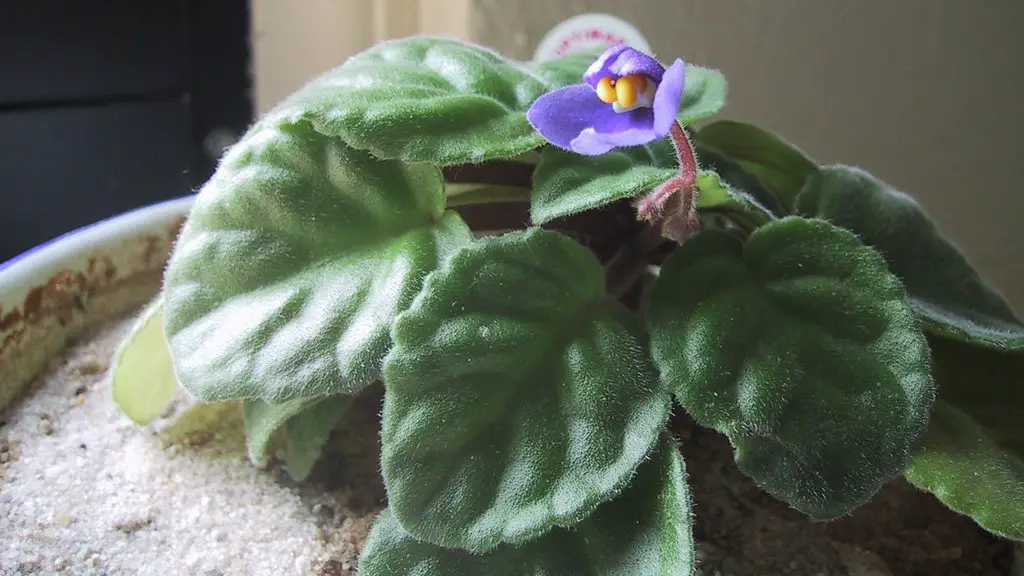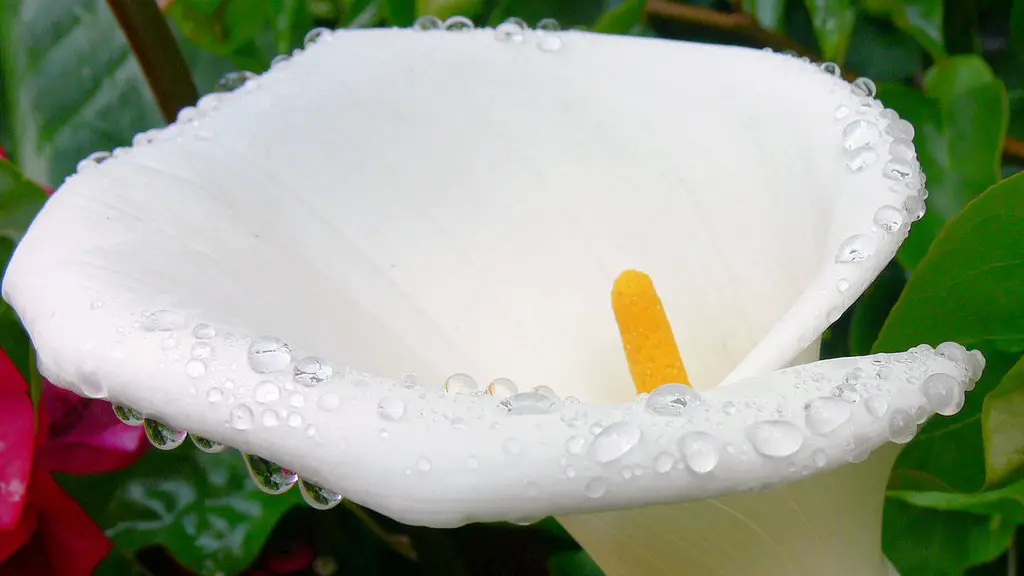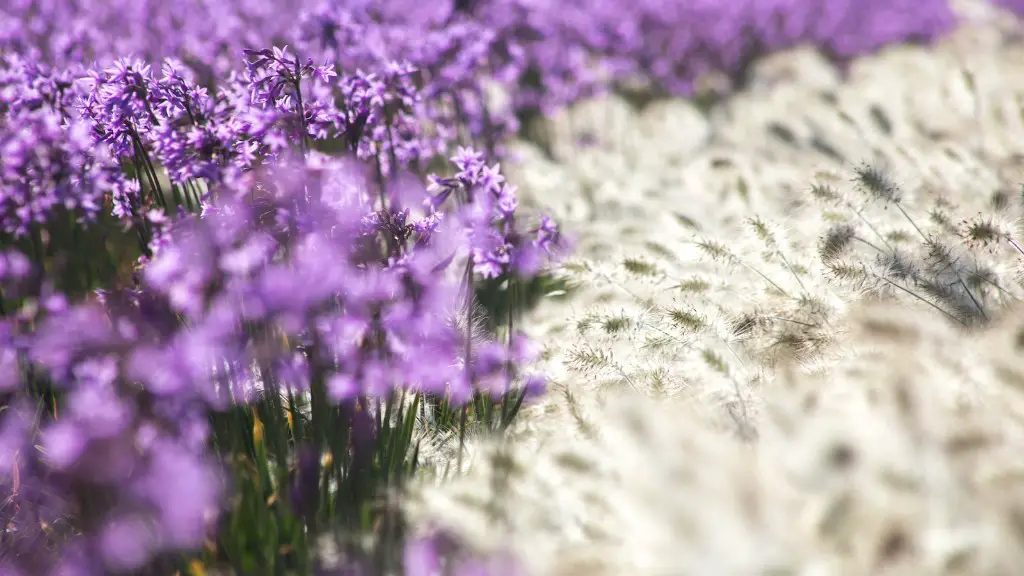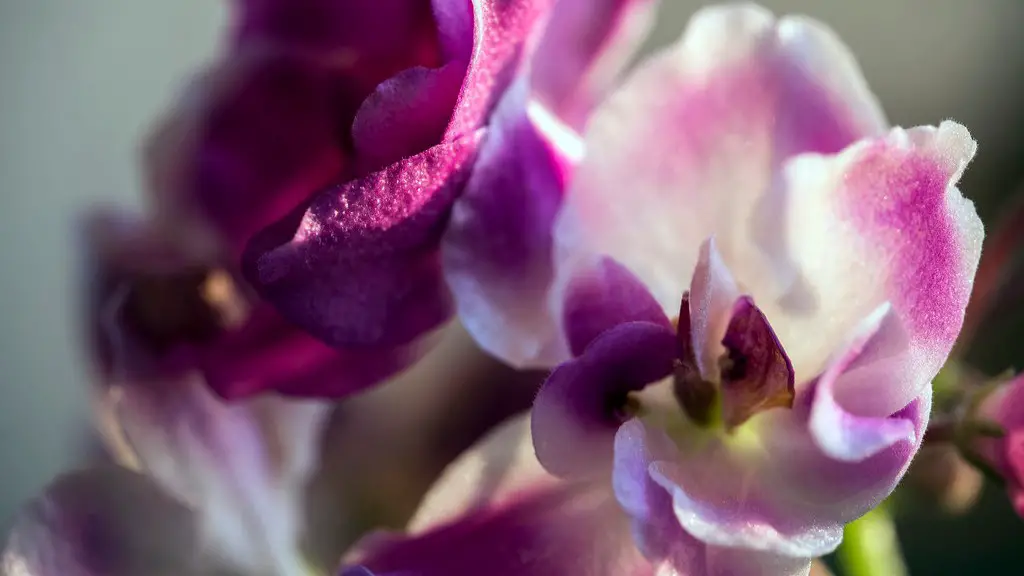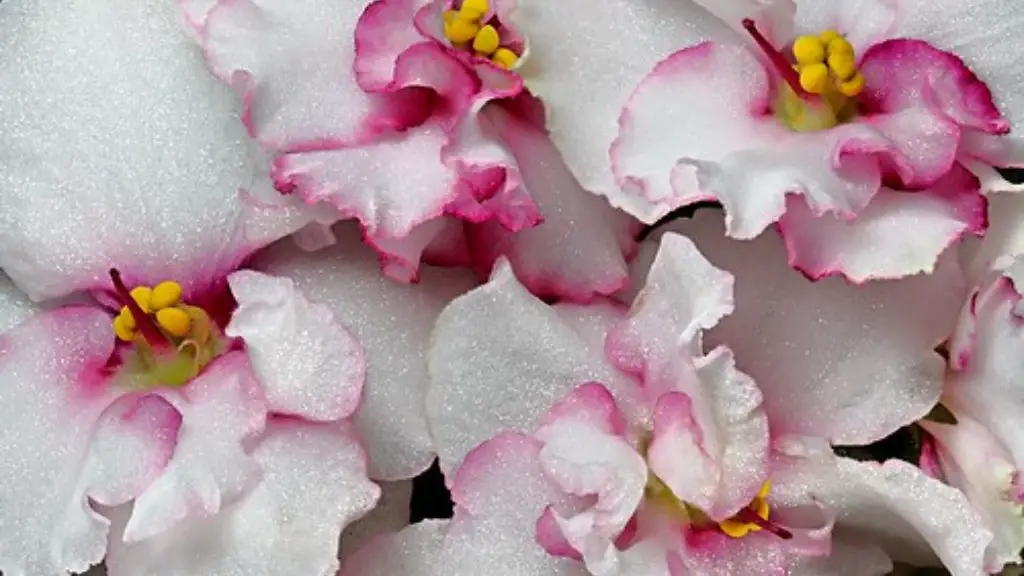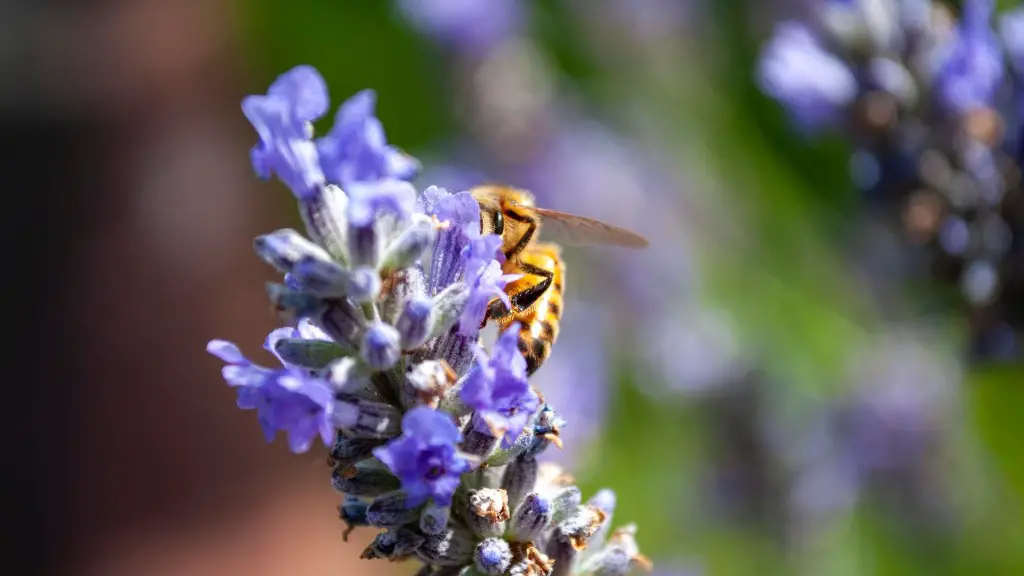African violets are a type of flowering plant that is native to Africa. They are popular houseplants because of their beautiful flowers and ease of care. African violets can be grown in pots or in the ground, and they prefer a well-lit location out of direct sunlight. watering African violets once a week, and fertilizing them every other week, should be sufficient to keep them healthy and blooming. With a little bit of care, African violets can bring color and life to any home.
To care for your African violets, water them thoroughly but avoid getting water on the leaves, as this can cause them to rot. Allow the soil to dry out a bit between watering, and fertilize every other week with a fertilizer designed specifically for African violets. Place your plants in a location with bright, indirect light and good air circulation, and mist the leaves occasionally to keep them from drying out.
How often do you water an African violet?
African violets are delicate plants that require careful watering. Overwatering can lead to root rot and other problems. To avoid overwatering, water only once a week and allow the plant to completely dry between waterings. One ingenious way of making sure your African violets are never over watered is by setting up a wicking system.
If you want your plants to have the best color and blooms, grow them in bright, indirect light. A plant stand three feet away from a west- or south-facing window is an ideal location. Plants will still grow when situated right beside north- or east-facing windows, but leaves will be thin and spindly, and plants less likely to bloom.
How much sun does an African violet need
African violets require a minimum of 8 hours of light per day, and at least 8 hours of darkness per night, to thrive. For long lasting blooms, 12 hours a day of natural sunlight is ideal. African violets need bright light during the day, but should be protected from direct sunlight, which can scorch their leaves.
African violets need to be fertilized to stay healthy throughout the year. During the spring and summer, you should fertilize your African violets once every 14 days. In the fall and winter, you shouldn’t fertilize the plant at all to prevent over-fertilizing.
Should I mist my African violet?
It is important to water African violets carefully so as not to cause leaf spotting or crown rot. Use room temperature water and avoid misting the foliage.
If you are unsure about the quality of your tap water, it is best to err on the side of caution and use filtered or distilled water for your African violets. Chlorine, chloramines, and dissolved solids can all adversely affect the health of your plants, so it is best to avoid them if possible.
Do African violets need bigger pots?
African violets need to be slightly pot-bound in order to thrive. This means that you should choose a pot that is on the smaller side. Professional Tip: If you have a standard African violet plant, your starter pot should be about 3-4 inches in diameter.
For healthier african violets, avoid brushing the leaves as this can decrease plant quality and size over time. Enjoy their beauty from a distance!
How long do African violets live
If you want your African violets to bloom for a long time, it’s important to repot them every two to three years. This gives them fresh potting mix and room to grow. Remember to use a pot that’s only one size larger than the current one, and to water well after repotting.
Too little sunlight causes African violets to stretch for the light and produce few or no flowers; too much sun can burn the leaves. An east-facing window is ideal, especially with a sheer curtain to block the sun’s harshest rays. African violets also need eight hours of darkness every night.
Can you touch an African violet?
African violets are delicate plants that should be handled with care. Brushing their leaves can damage the plant and reduce its quality and size.
There are a number of ways you can encourage your African Violet to bloom again. One is to ensure it is getting enough light – African Violets need between 12 and 14 hours of light a day in order to bloom. You can also improve humidity levels by misting the leaves or placing the pot on a pebble tray.
In addition, it is important to replenish essential nutrients – African Violets need regular fertilizer, especially during the blooming season. The right soil is also important – African Violets do best in a light, well-drained potting mix. Finally, you need to protect your plant from pests and disease – regular inspection and quarantine of new plants is essential. If you see any pests or diseases, treat them immediately.
Is coffee grounds good for African violets
Coffee grounds are slightly acidic and contain nitrogen, which helps plants grow healthy foliage. Occasionally sprinkling used coffee grounds on top of your African violet potting soil can be good for the plant.
Over-watering is one of the main reasons why houseplants die, so it’s important to make sure you’re not giving your plant too much water. One way to tell if you’re watering your plant too much is to check the soil around the roots – if it’s perpetually wet, that’s a sign you need to cut back on watering.
Ideally, you should water your plant from the bottom, using room-temperature water. To do this, simply place the plastic grower’s pot in a basin of water and let the plant soak up the water for no more than 30 minutes. This will help ensure that the roots get enough water without the risk of overwatering.
What does Epsom salt do for African violets?
Epsom Salts are a great way to provide your plants with the essential magnesium and sulfur they need to produce beautiful blooms and healthy foliage. Simply mix 1.5 teaspoons of Epsom salts in a quart of tepid water and swirl to dissolve. Then water your African violets (below the leaves) with this solution once a month.
Here are the key points to remember when caring for your African violet:
– Potting: African violets need to be potted in a special African violet mix, which is light and porous. They also need to be repotted every few months to keep them healthy.
– Light: African violets need bright, indirect light to thrive. Too much direct sunlight can cause their leaves to scorch.
– Water: African violets need to be kept moist, but not wet. Water them from the bottom, using a saucer or tray, and allow the water to soak up from the bottom.
– Temperature: African violets prefer a warm, humid environment. A cool room or drafty spot can cause them to wilt.
Final Words
African violets are a type of flower that is native to Africa. They are a popular houseplant and are known for their beautiful flowers. African violets are easy to care for and can be grown in a variety of conditions. Here are some tips on how to take care of african violets:
1. African violets need well-drained soil. Be sure to plant them in a pot with drainage holes to prevent the roots from getting waterlogged.
2. African violets prefer bright, indirect light. Place them in a spot where they will get some morning sun and some afternoon shade.
3. Water African violets when the soil is dry to the touch. Avoid getting water on the leaves, as this can cause them to rot.
4. every two weeks, fertilize African violets with a half-strength fertilizer.
5. To encourage blooming, pinch off the tips of the stems. This will help the plant to branch out and produce more flowers.
You can take care of African violets by giving them bright light, watering them when the soil is dry, and feeding them with a specially formulated African violet fertilizer. African violets need to be protected from drafts, so make sure to place them away from windows and doors. With a little love and care, your African violets will bloom year-round.
